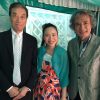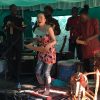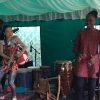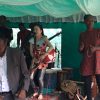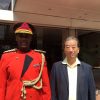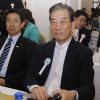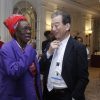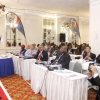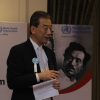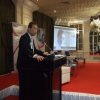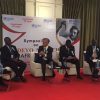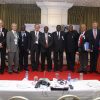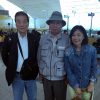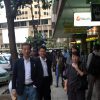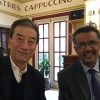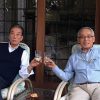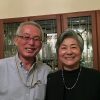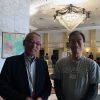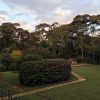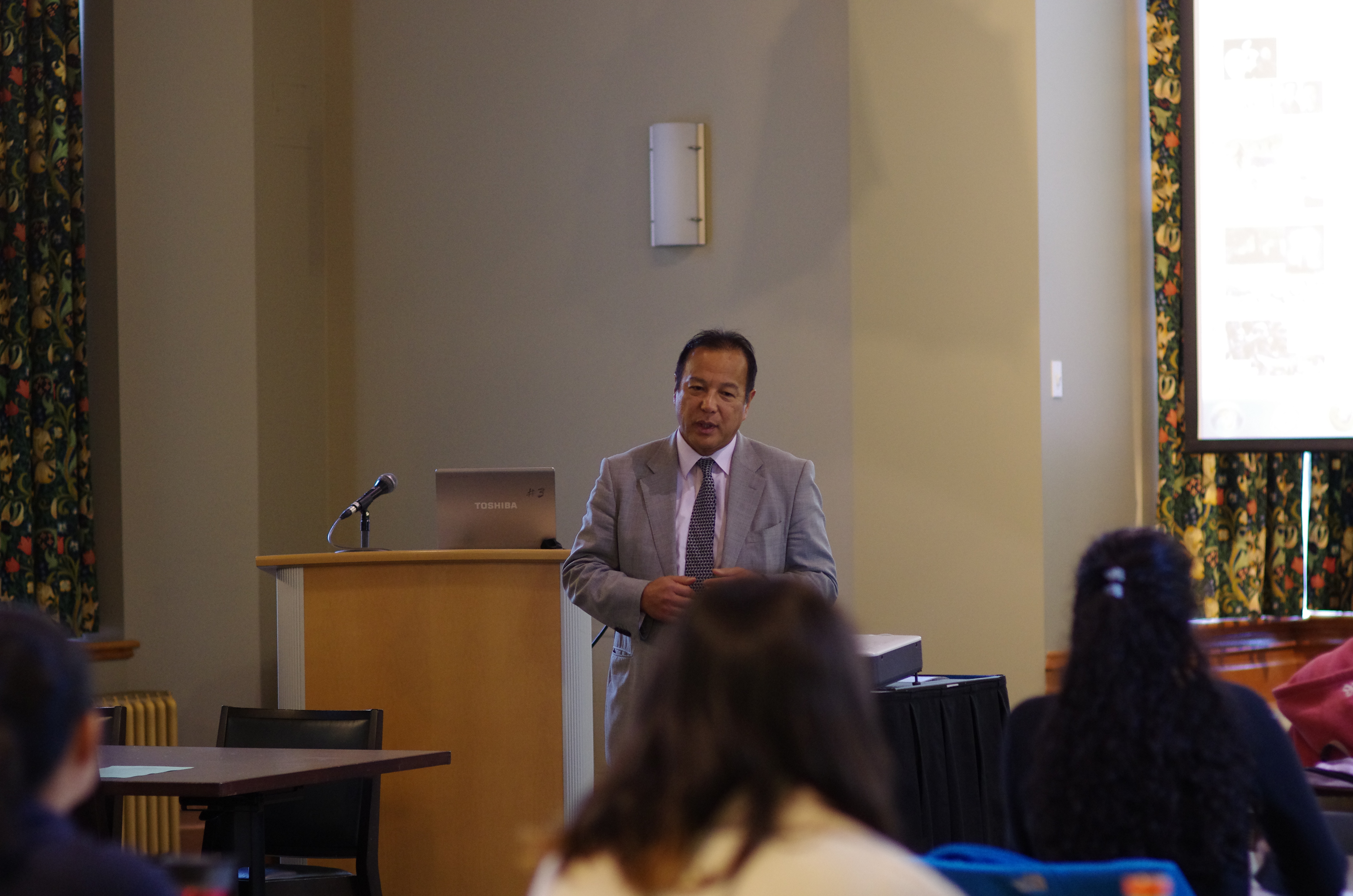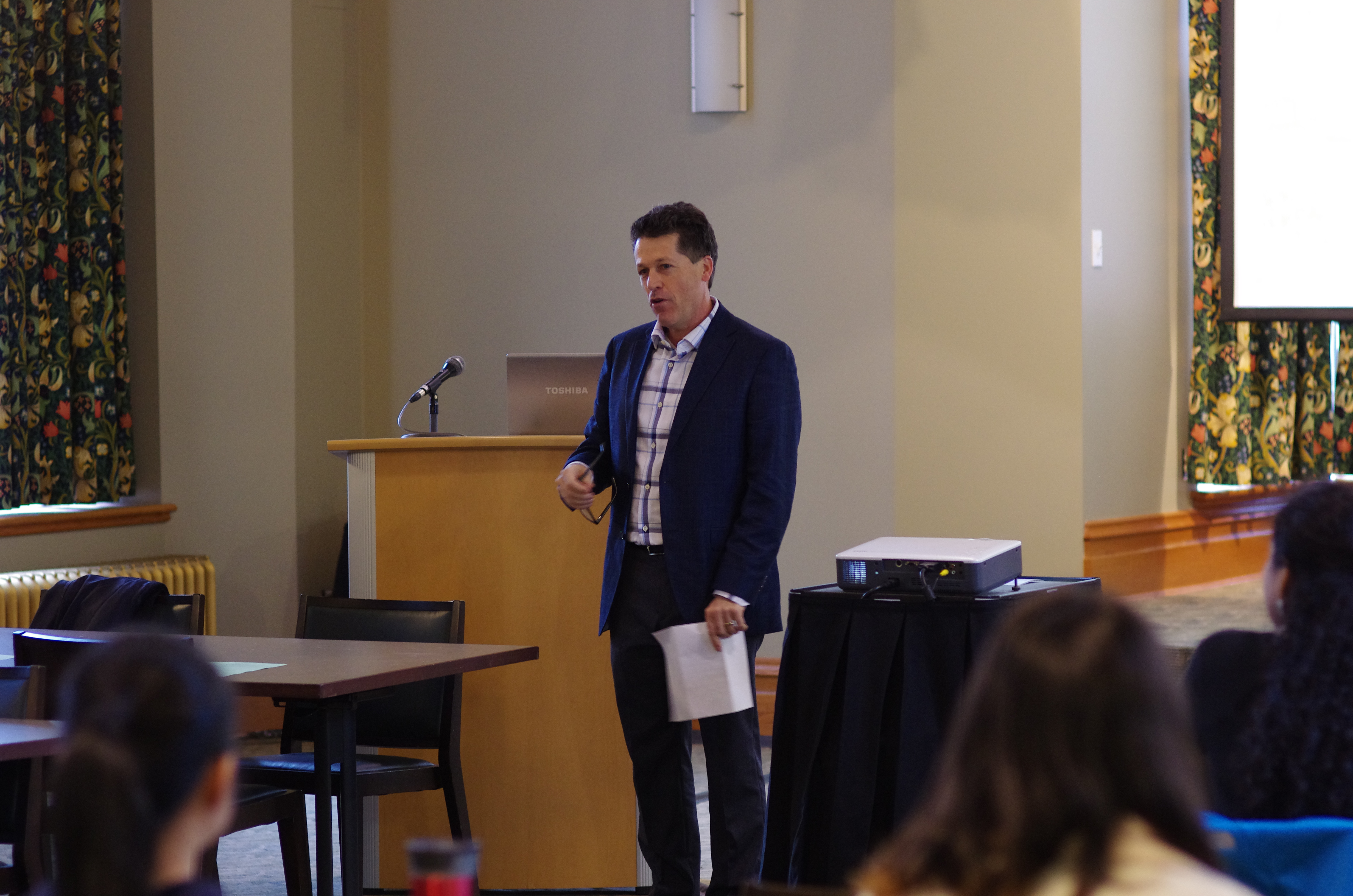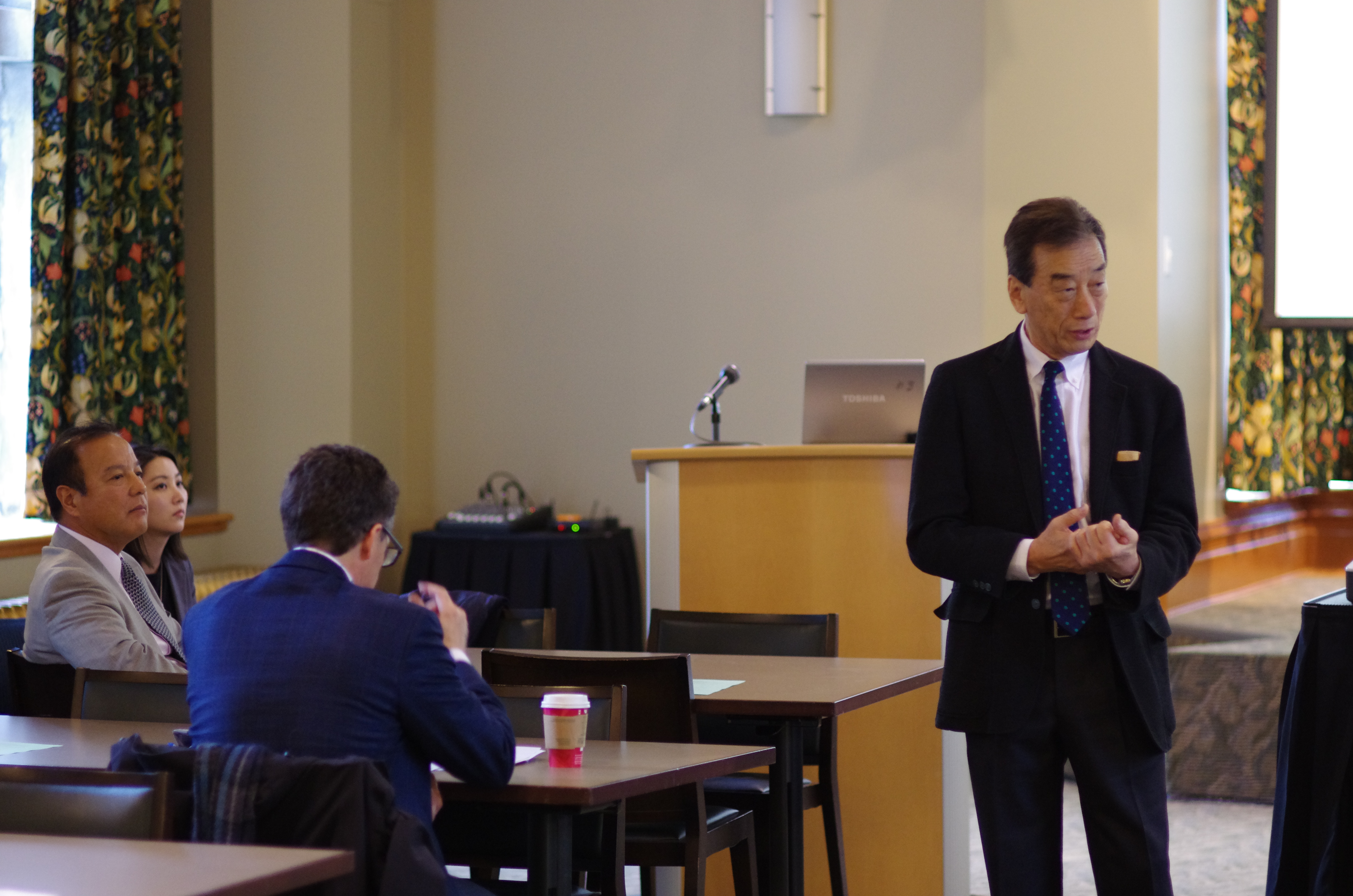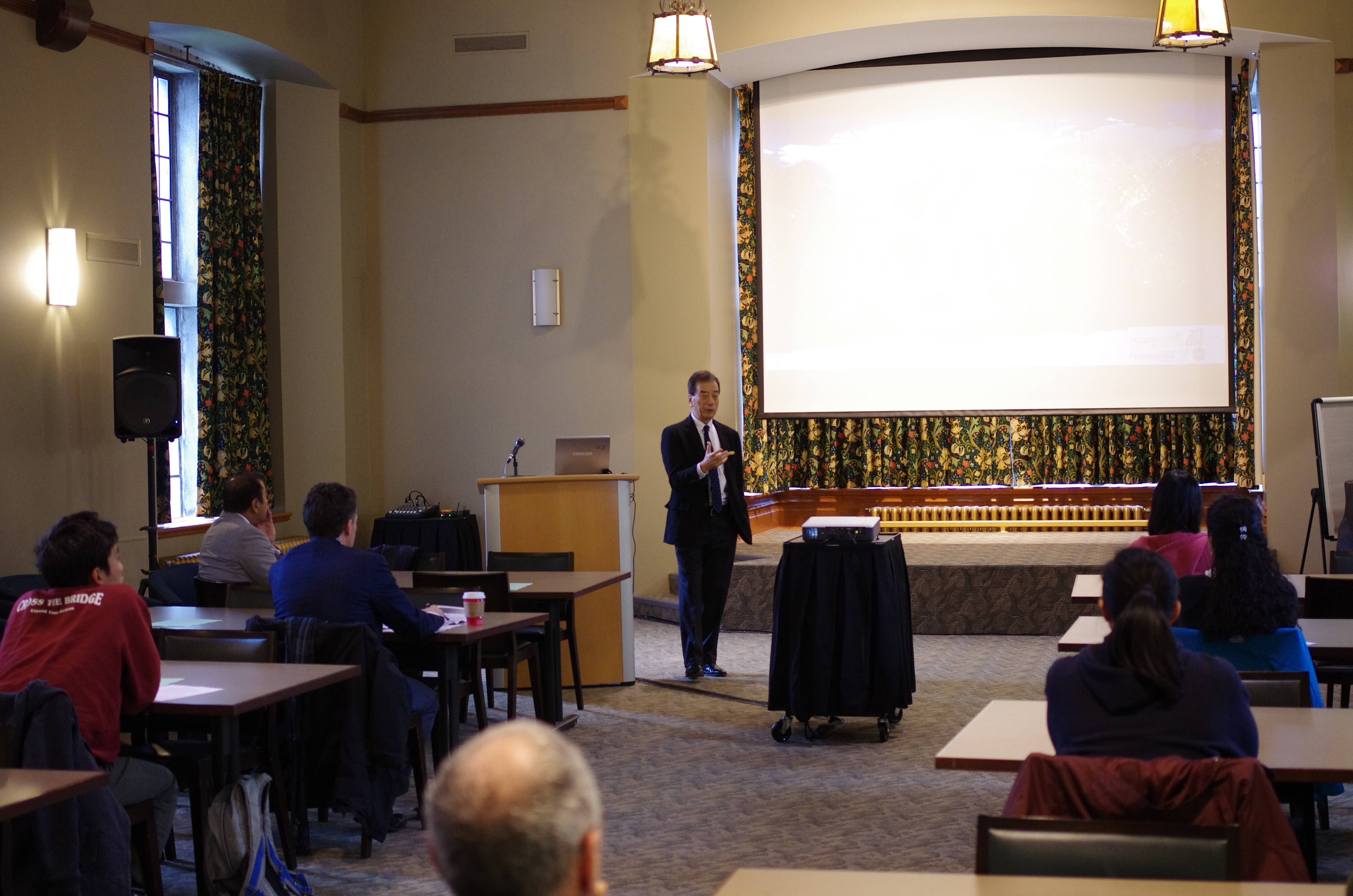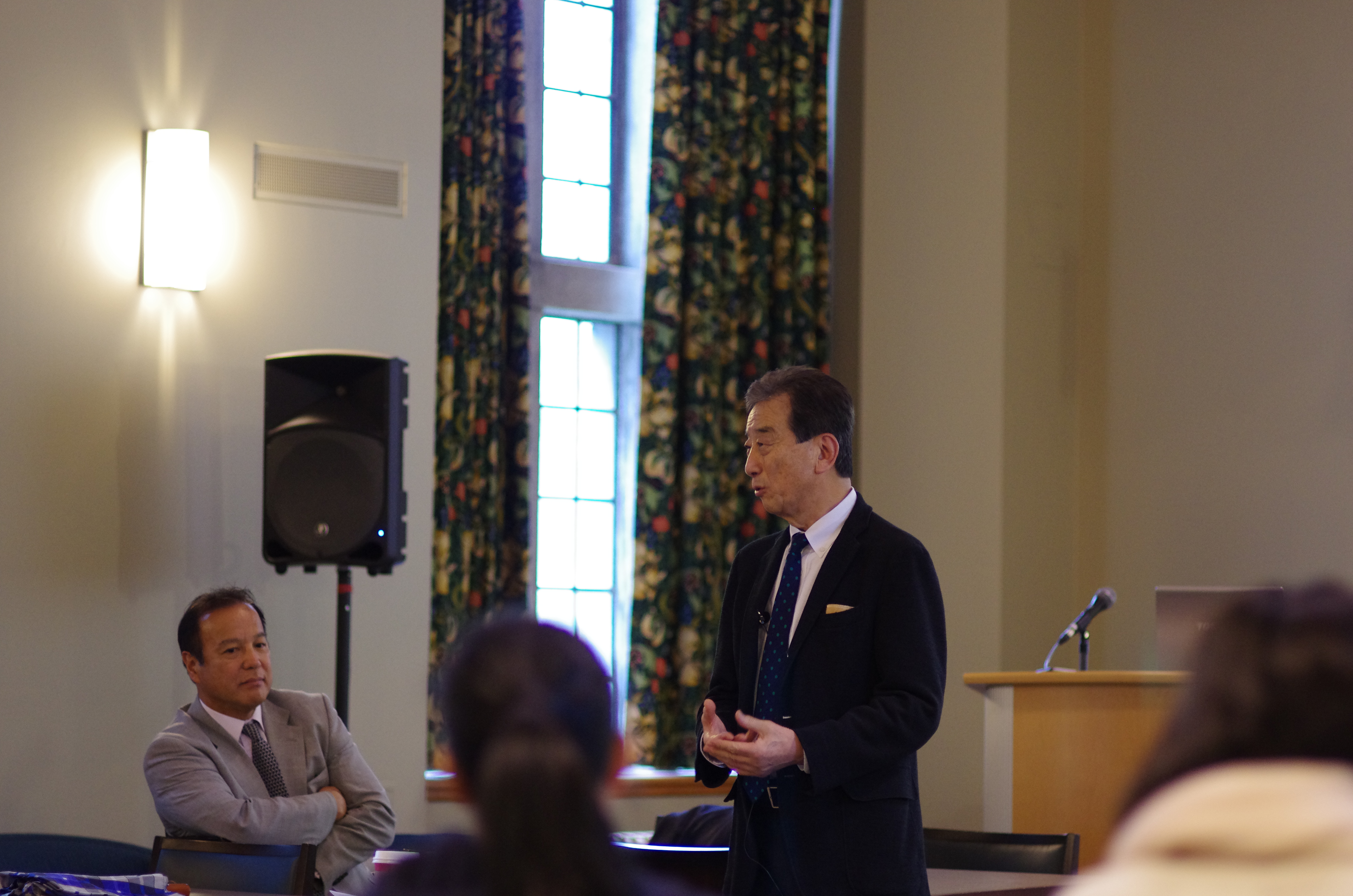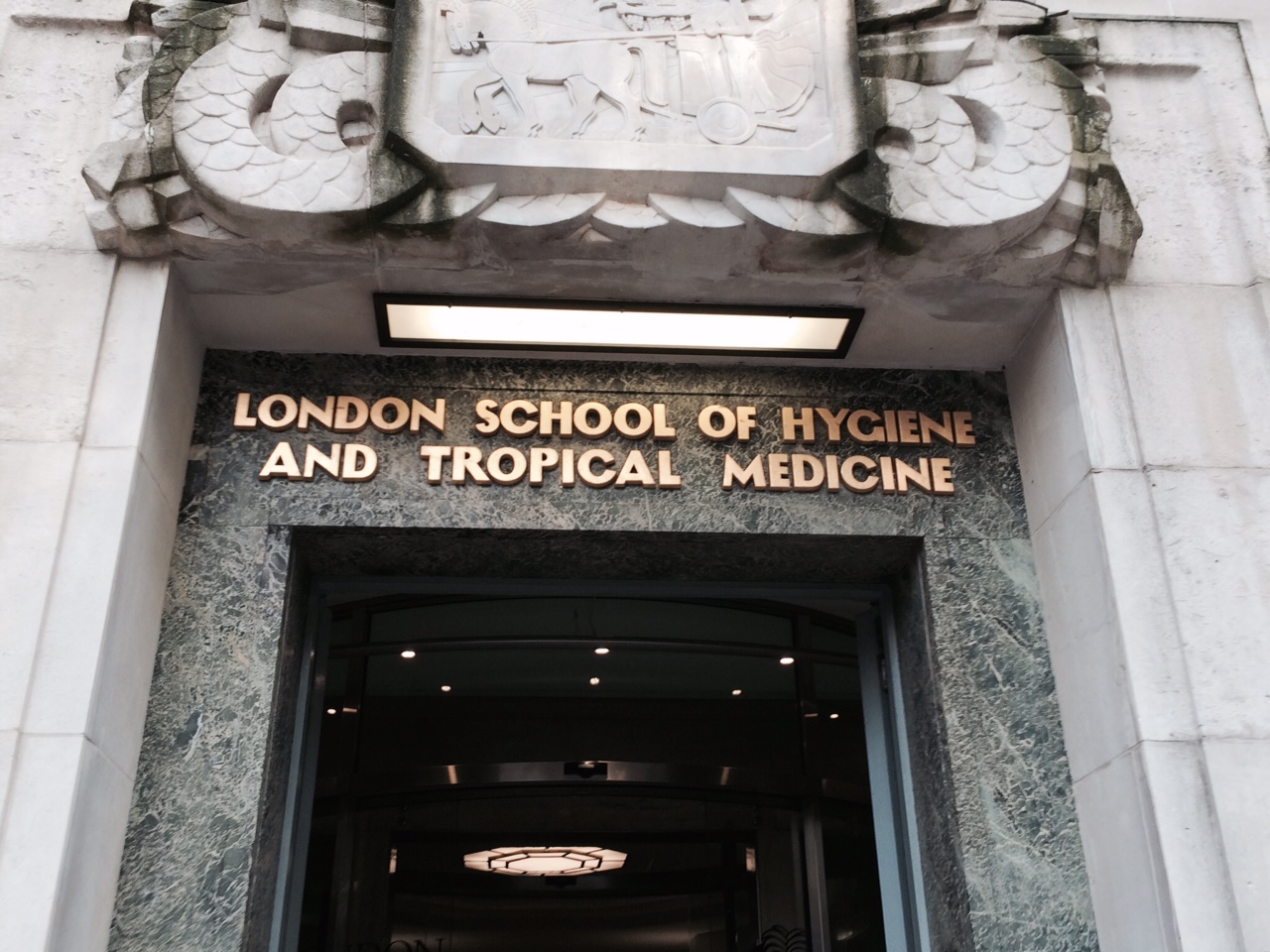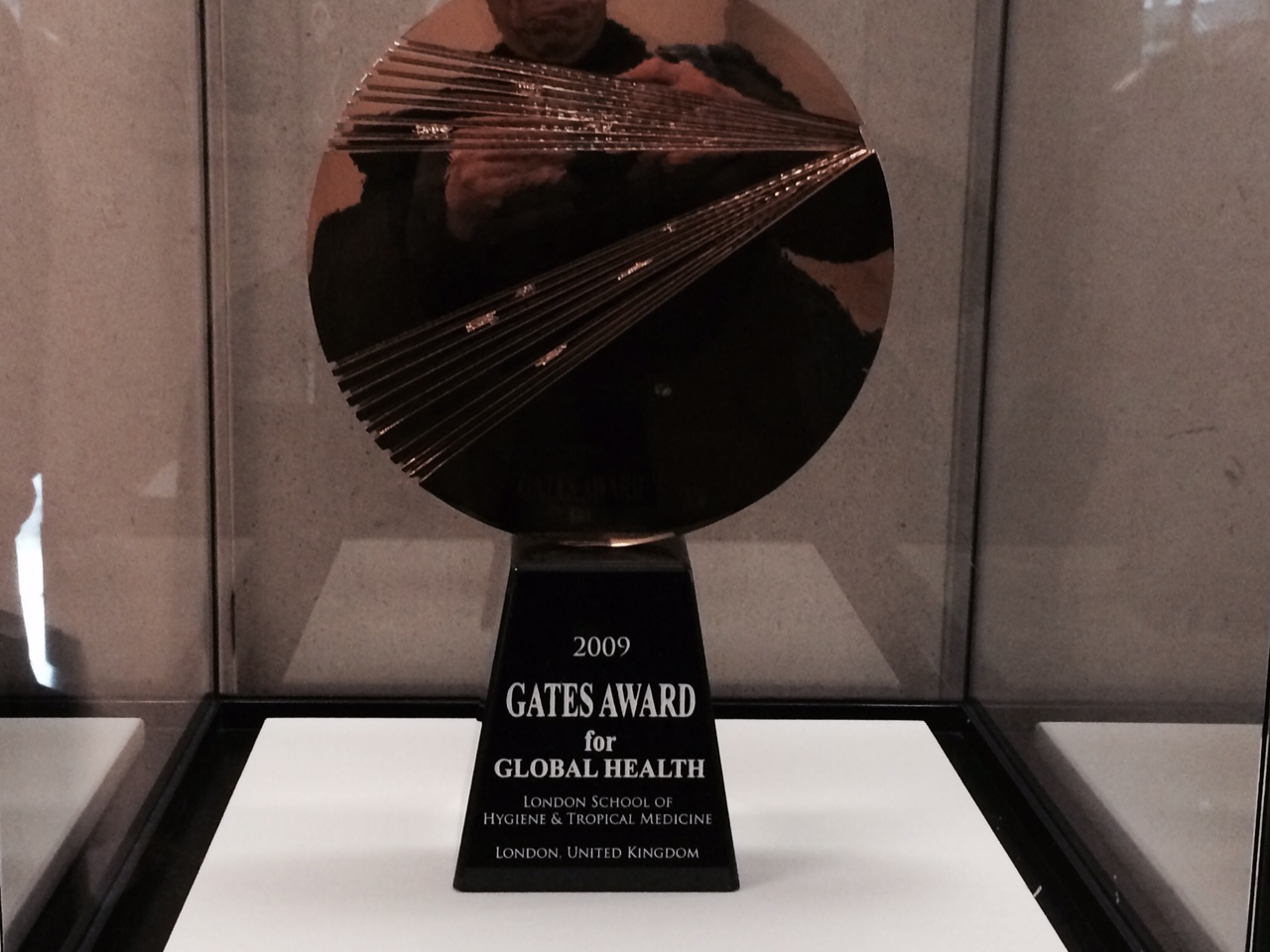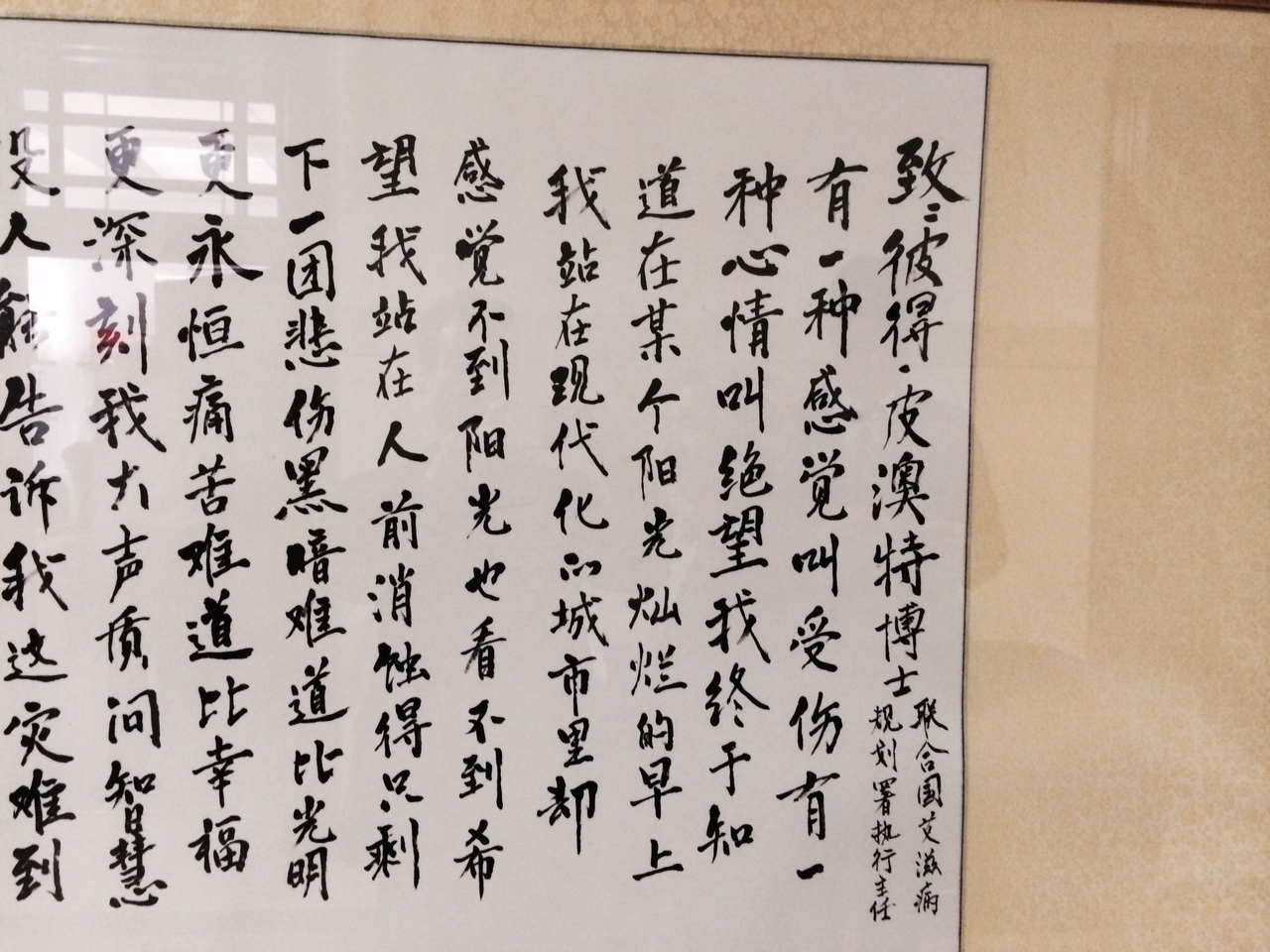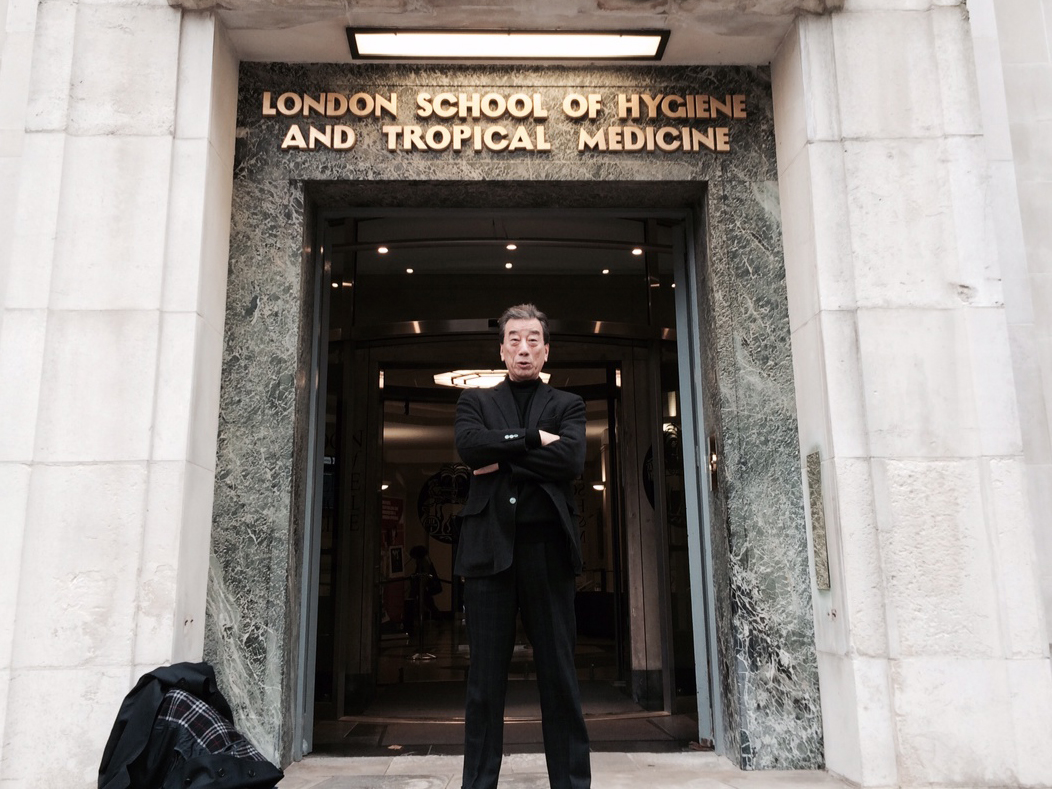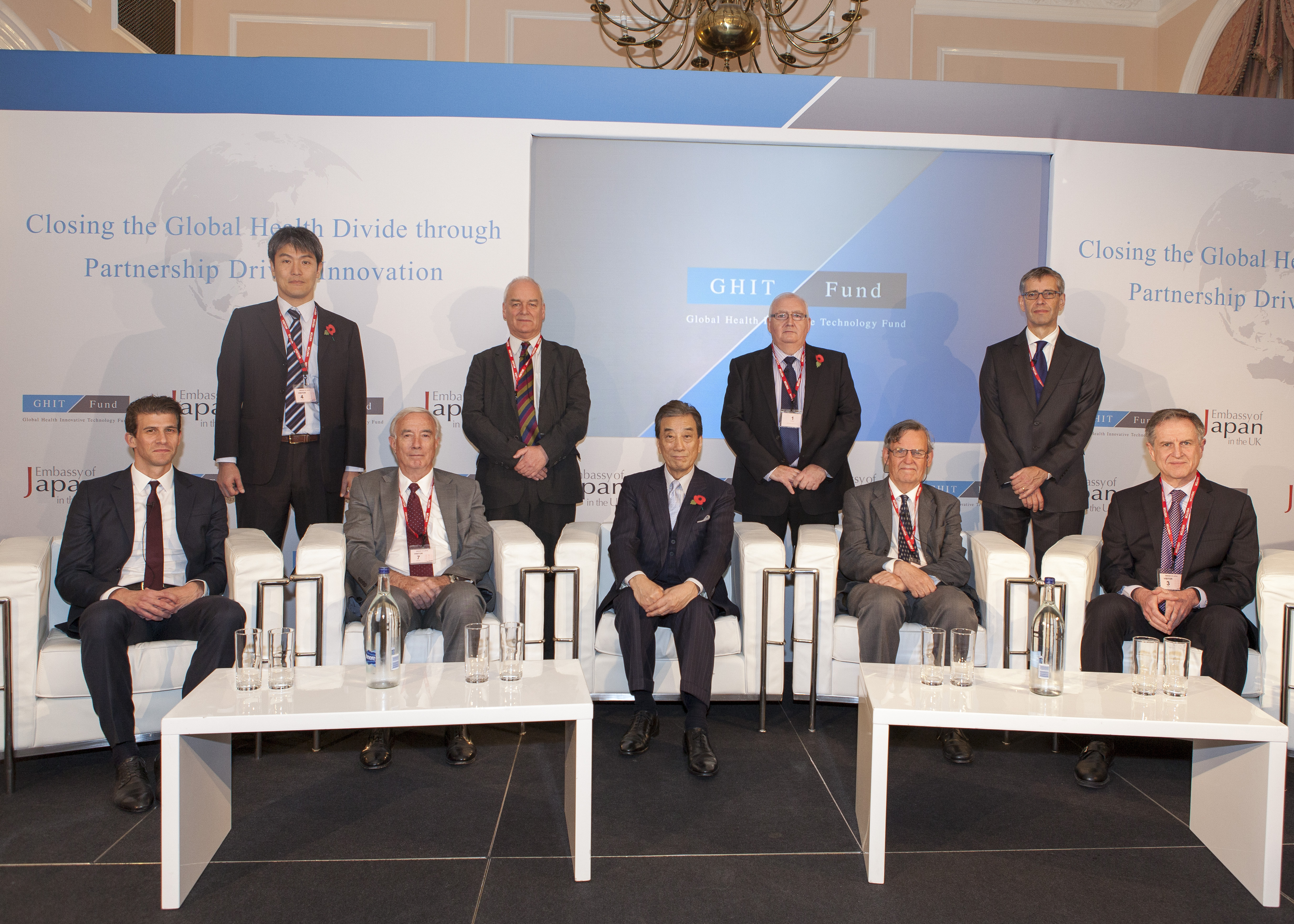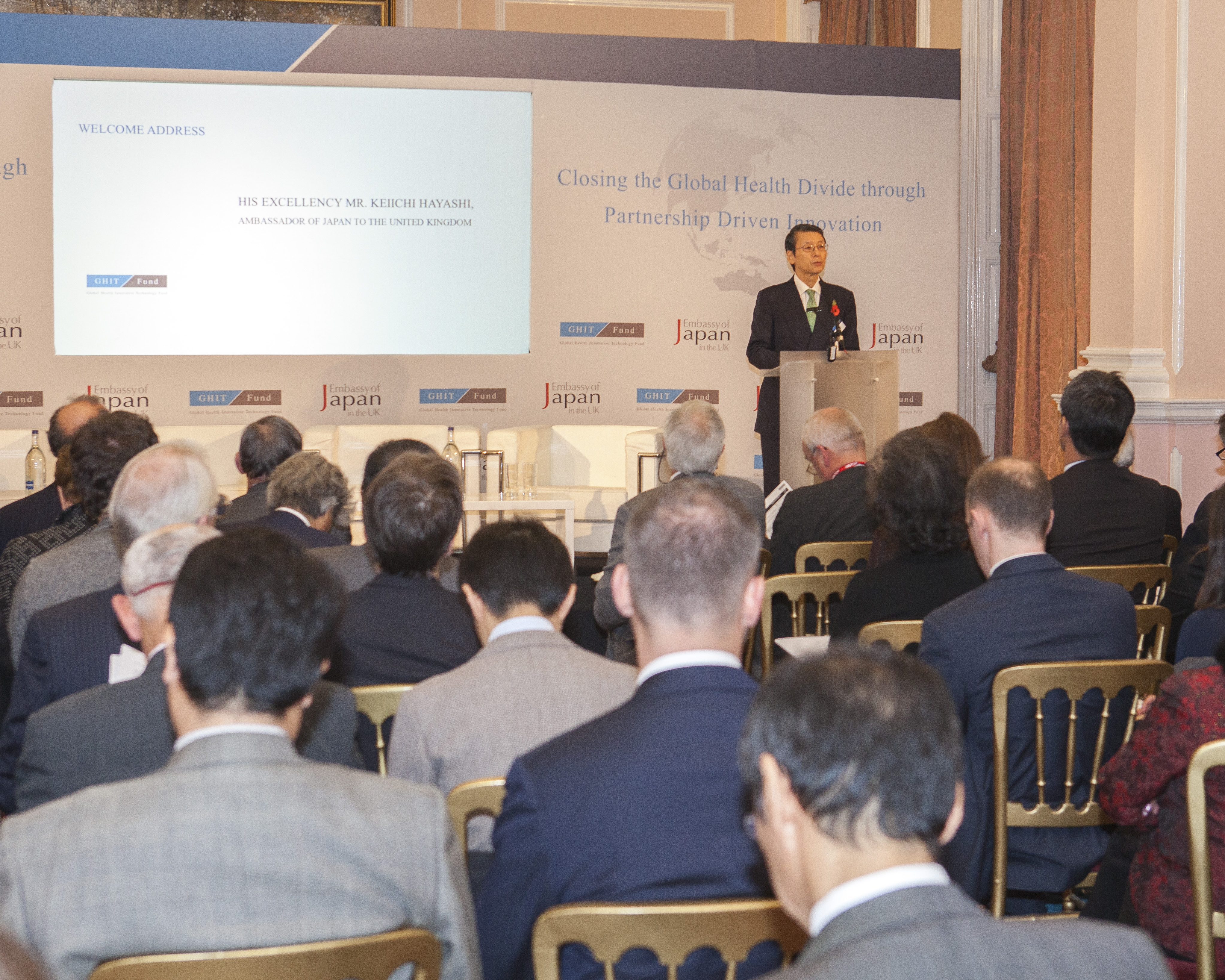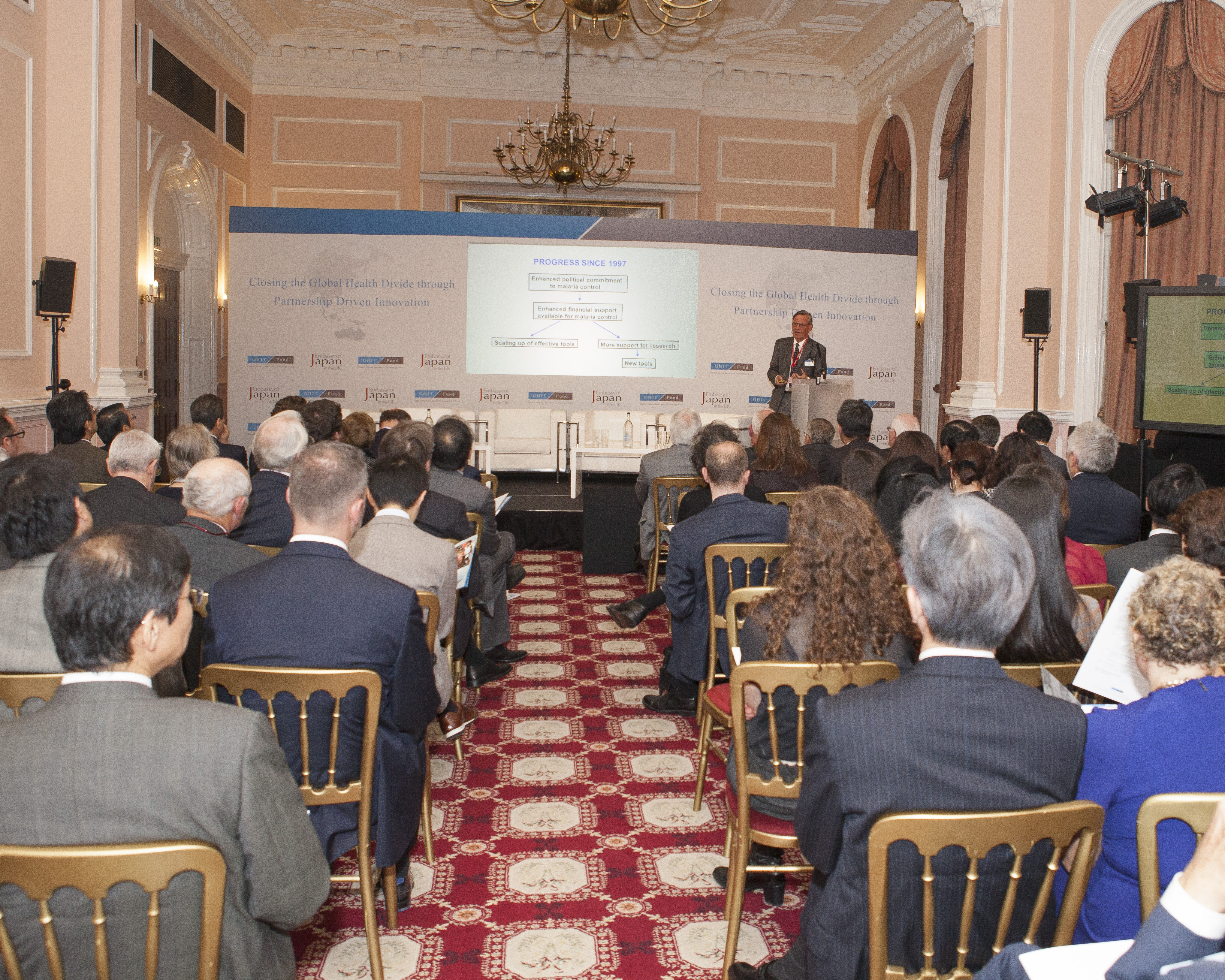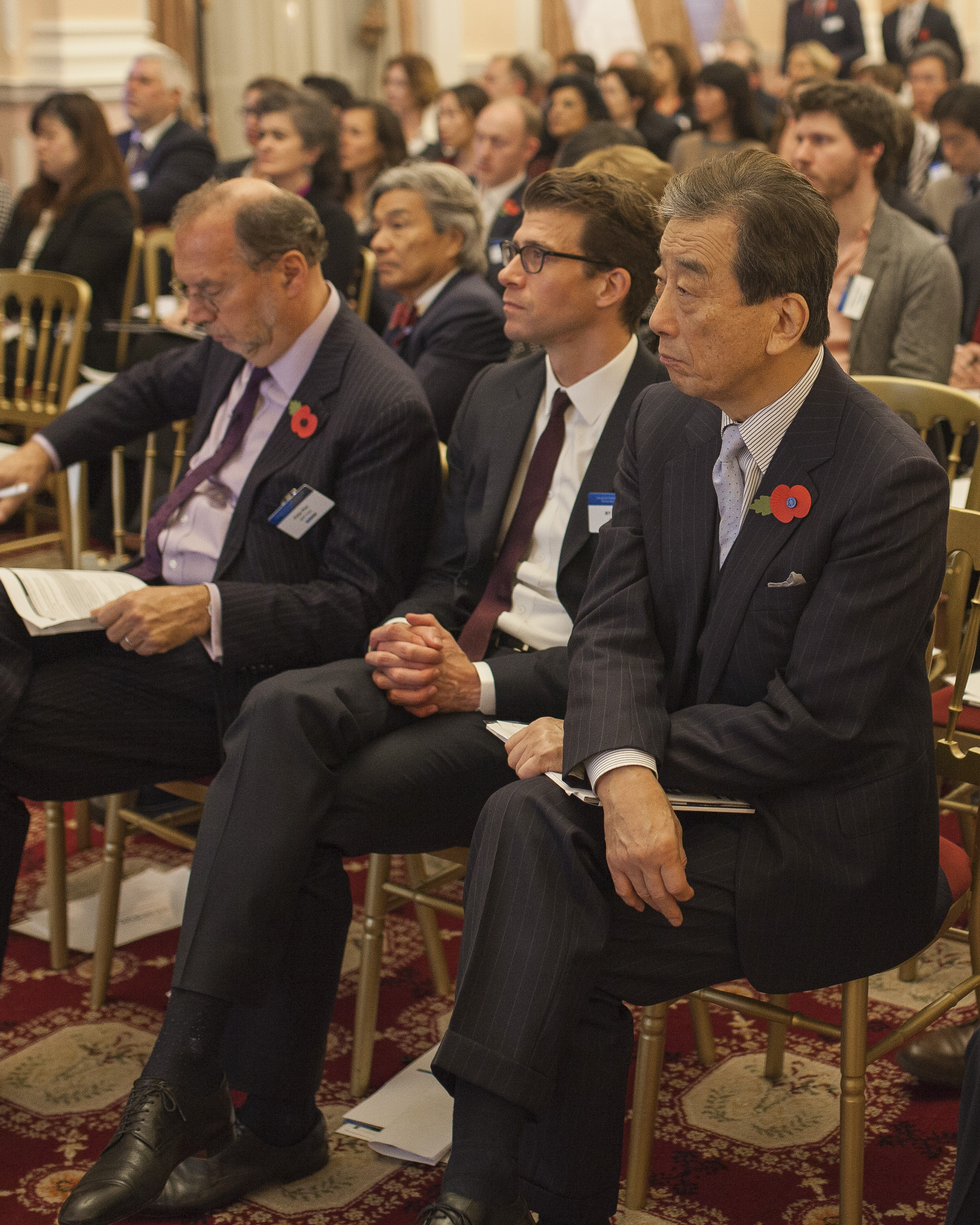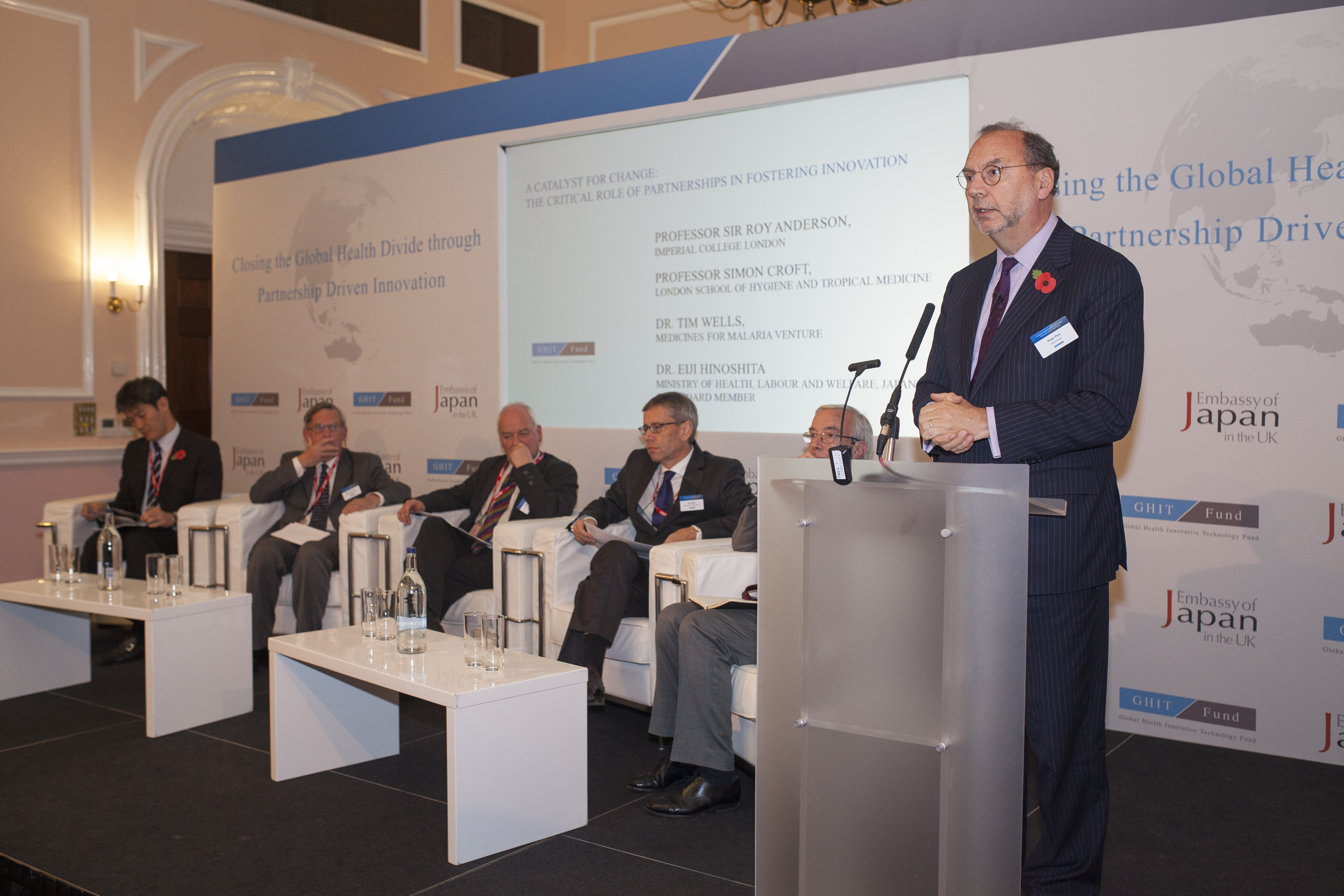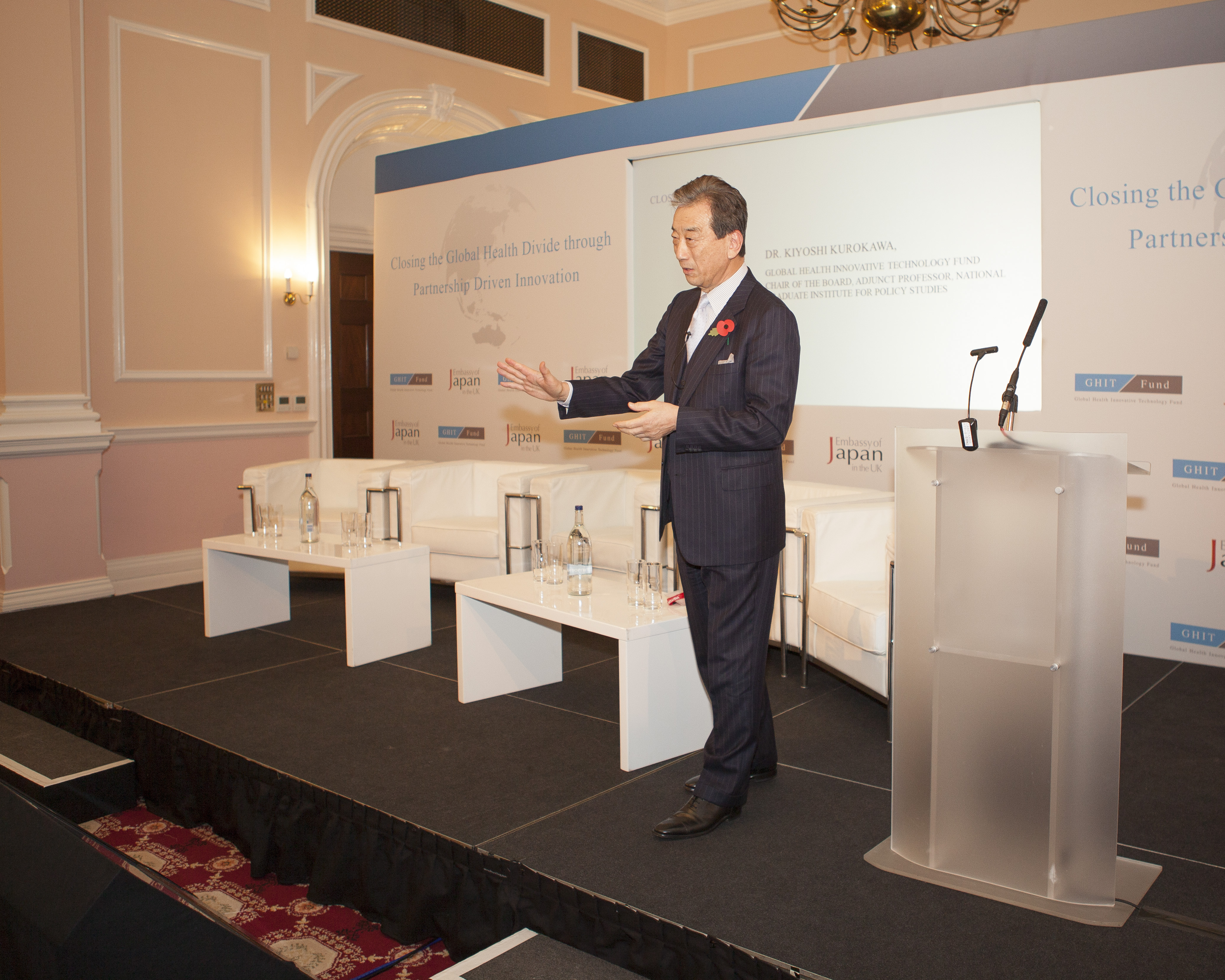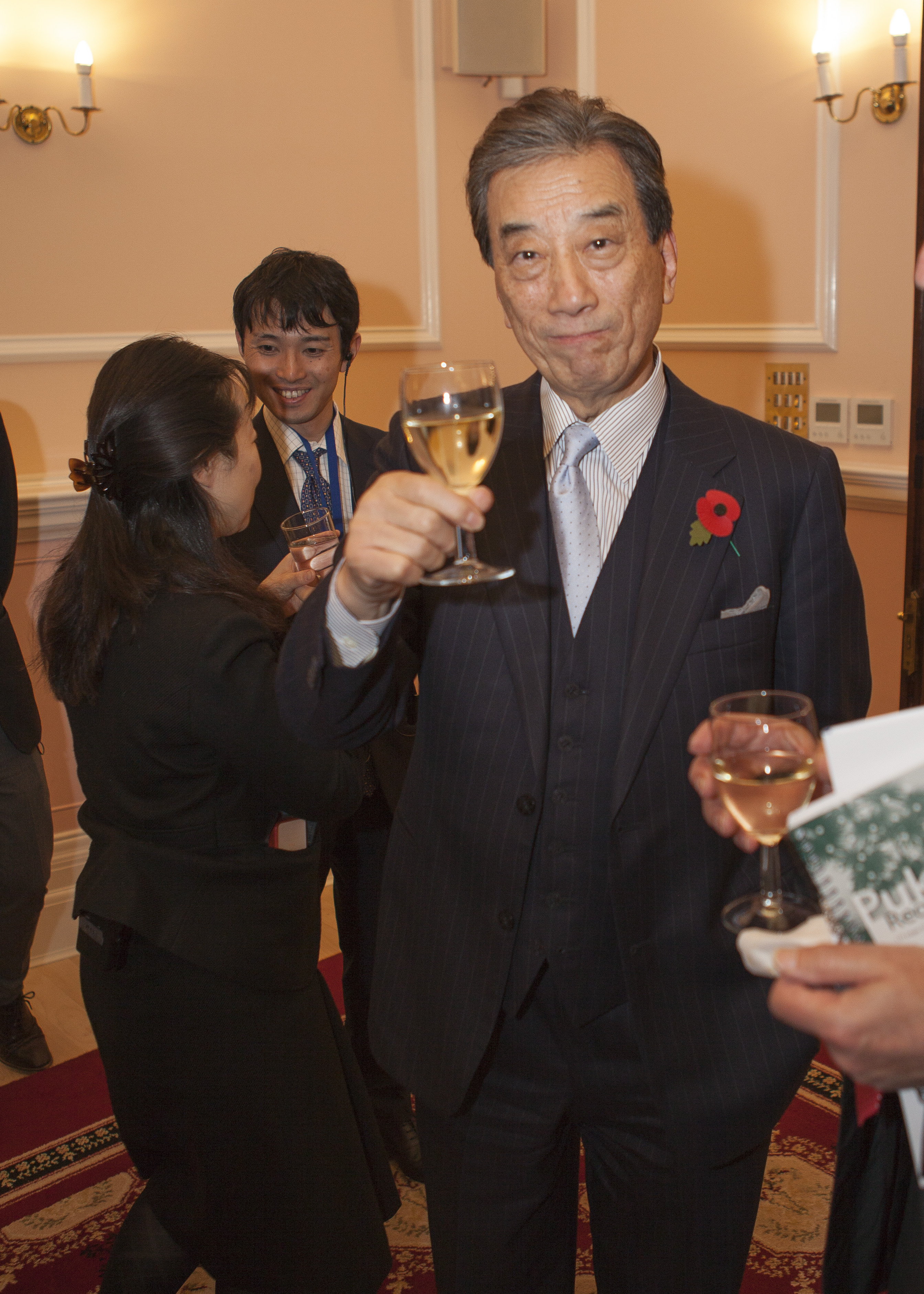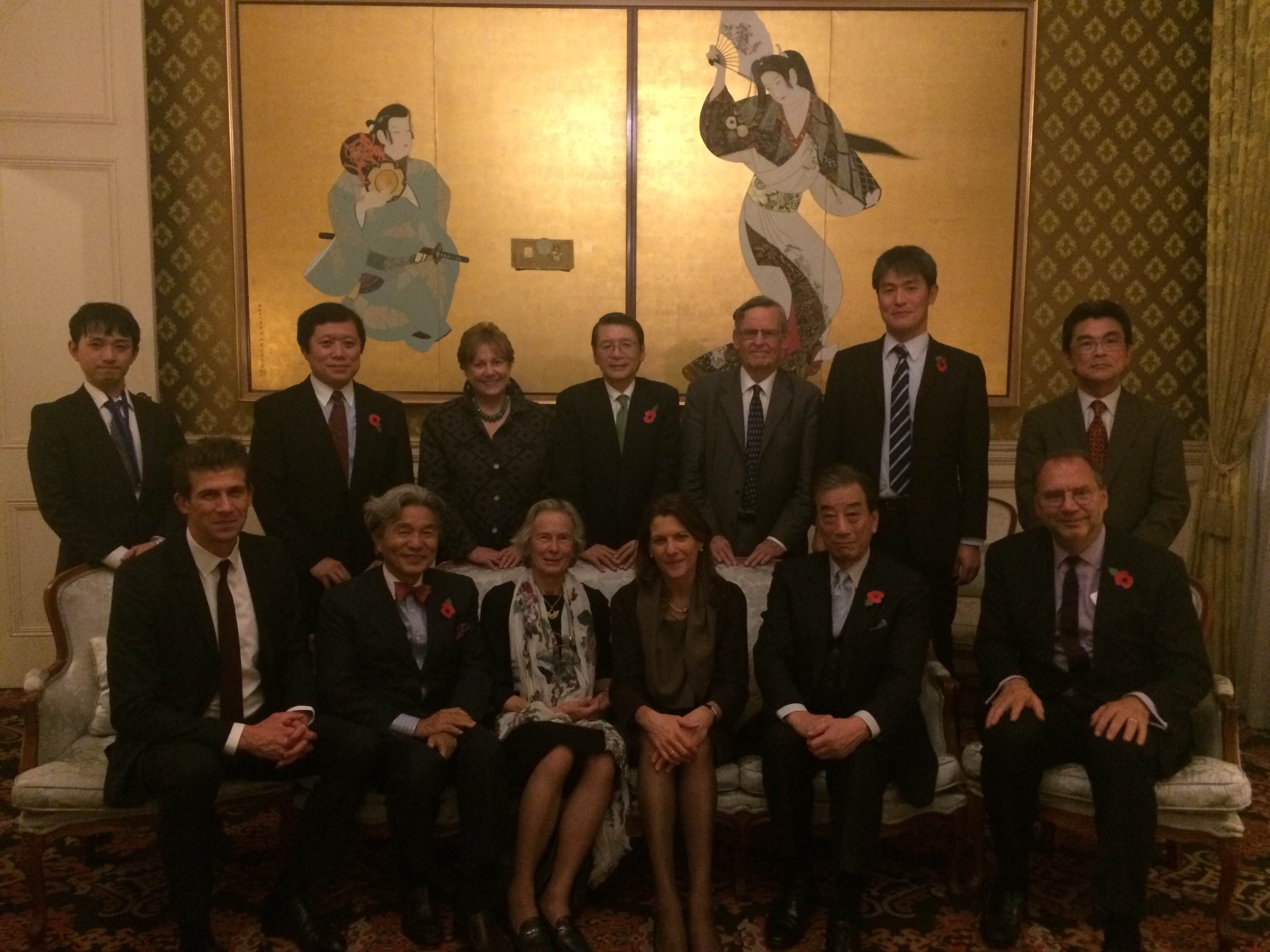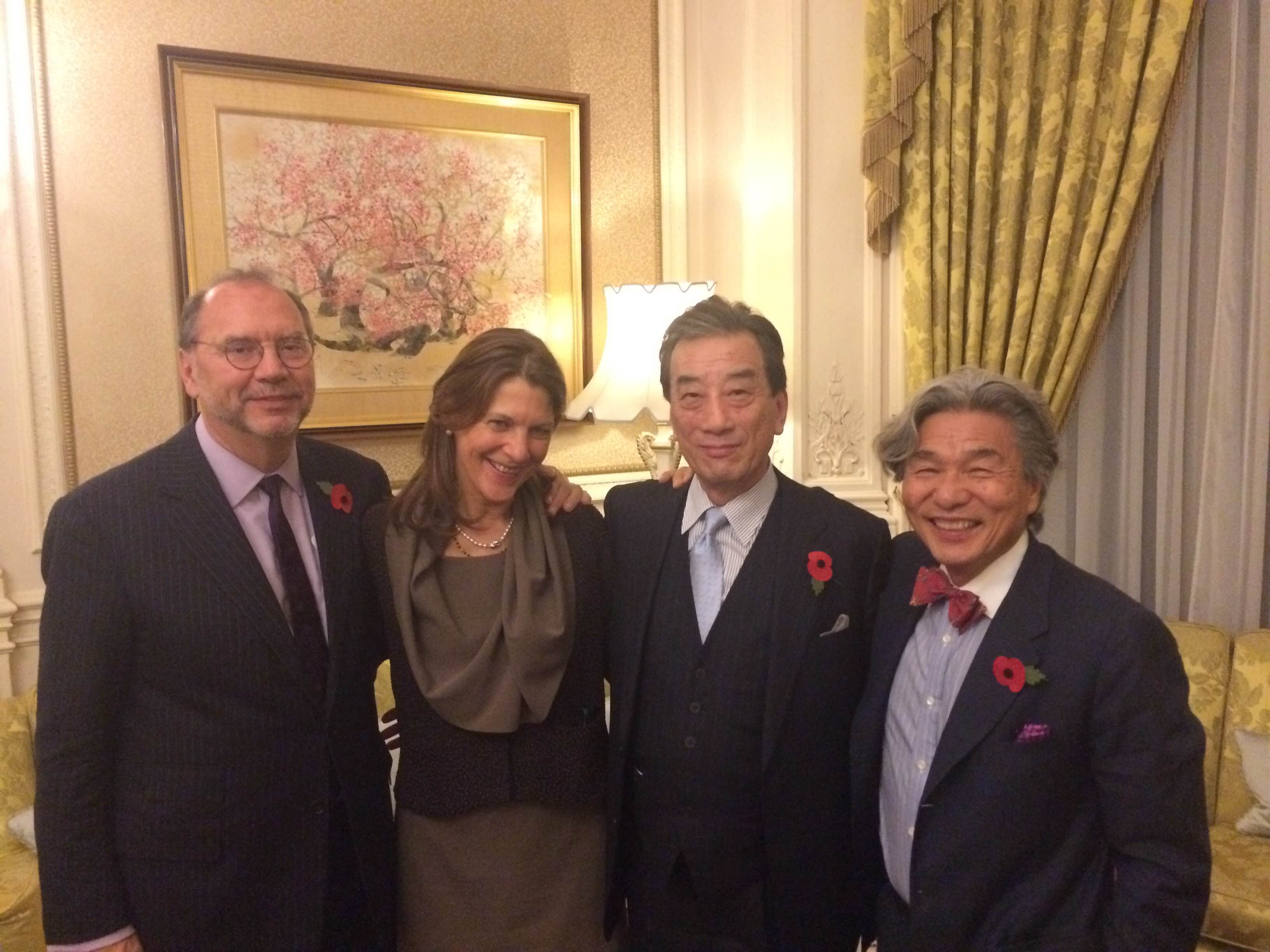After the Noguchi Hideyo Africa Prize workshop, I went to a nearby hotel where a conference on Non-communicable diseases (NCD) was being held. I made good on a promise to deliver the keynote speech. After this talk, there was a panel discussion, which I had to leave halfway through (the audience was made up of mainly medical professionals, and I received emails congratulating me on the unexpected but important nature of my talk) to get back to the Hilton in order to attend the GHIT meeting in the afternoon.
Here at this GHIT Fund meeting, Dr. Greenwood and Dr. Coutinho, recipients of the Noguchi Africa Prize, were also on stage, making the proceedings very lively. I arrived when the panel was already wrapping up, and after the closing words, we headed out to the poolside of the Hilton Hotel where the GHIT Fund had prepared a reception.
The special artist invited to perform during this reception evening was Anyango. She is a young Japanese woman who went to Kenya to learn more about the particular African music and instrument that had so captured her imagination. After years of hard work in an apprenticeship, she became proficient enough to earn the right to play instruments, a right traditionally held by men.
She had already been on worldwide tours to promote her music, with several albums to her name. When I had inquired to her managing office in Tokyo, they told me that she was scheduled to be in Kenya during the later weeks of August, which was perfect timing, so I put in a request for her to perform.
Anyango performed with a local band, and as the performance progressed, some of our guests from African contries, went from singing together to dancing, making it a memorable evening.
Recently, she was featured in a TV program in Japan.
After the reception, I spent some time unwinding with the people of the Cabinet Office over dinner, a small gesture of thanks for all the hard work that we had put into the Workshop. I also met some of the delegates from Japan.
It was a nice ending for an enriching and thought-filled time spent in Nairobi.

